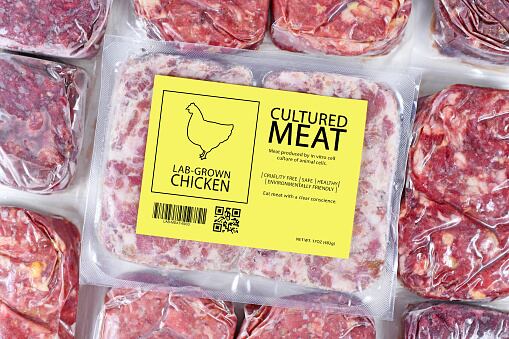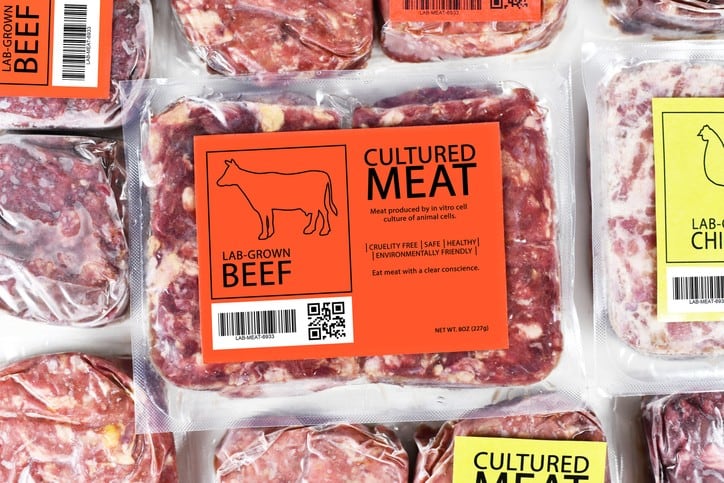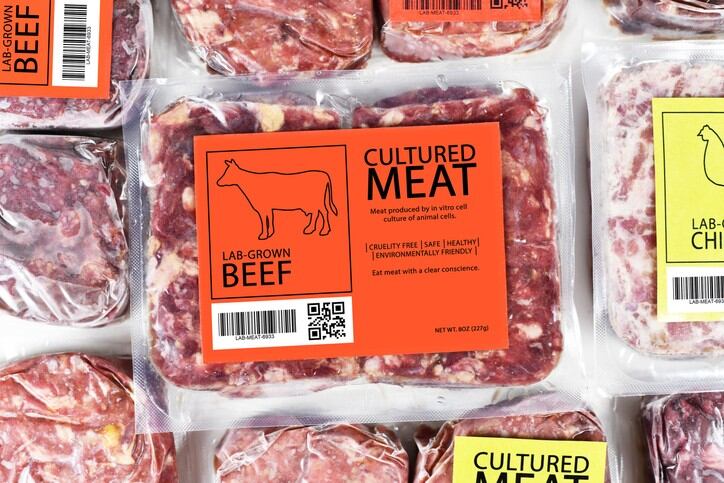Dark meat refers to cuts of meat that have more myoglobin, a protein that contains iron and gives the meat that darker colour. These cuts are usually muscles that are used more and need more oxygen, hence the need for more iron, such as chicken or turkey drumsticks and thighs.
This is in contrast to chicken or turkey breast meat, which is white meat as it requires less energy – but duck breast on the other hand is dark meat as ducks use these muscles to fly. Dark and white meat also exists in other animals like pigs and fish, but the distinction is most commonly used for poultry.
“In Asia, there is a very strong fascination with dark meat, a fascination that does not exist in other markets such as the United States or Europe, and this is likely linked to a demand for a certain texture and also stronger flavours,” FMT Founder and President Professor Yaakov Nahmias told FoodNavigator-Asia.
“For instance, there is a clear preference for chicken drumsticks as opposed to breast meat – Asians prefer the softer texture of drumstick meat, but from a production point of view this is much messier and harder to work with.
“Yet dark meat is extremely prominent in Asian cuisines, and this is particularly so in when it comes to poultry. It is the reason for our partnership with CP Foods, a leader in the poultry firm that also has a lot of understanding of the local culture and consumer connections in Asia.”
Prof Nahmias added that the firm’s unique technology has allowed it to work on developing a texturisation process to make cultivated meat that is softer and juicier than previous options, and that CP Foods and FMT are working to make hybrid cultured meat products specifically targeted at the Asian market.
This partnership has come after both firms announced significant success in separate alternative protein fields – CP Foods with its plant-based Meat Zero brand launch and FMT with its world-first cultivated meat production line in Israel, said to have a production capacity of 500kg daily with its technology also having brought prices to below US$17 per kg.
“Our technology is definitely different from others, whether it’s from a source material, culture media or engineering point of view,” Prof Nahmias added.
“In terms of source material, we do not use the stem cells that many others do as these are unstable and expensive to maintain and grow, but instead we use fibroblasts that able to achieve spontaneous immortalization even without genetic modification, making us one of the only GMO-free options out there.
“For our culture medium, we’ve drastically reduced costs using machine algorithms and made an animal-free serum that is between 10 to 100 times cheaper than others’, and for our engineering we’ve also developed a rejuvenation system that allows the feed to be recycled – so with the feed already inexpensive and then also being able to be recycled, this means our yield is very high, about 13 times higher than others, allowing us to spend less but move faster.”
This was an area of significance for CP Foods, especially with the firm’s large presence in the Asia Pacific region where consumers in many markets are still wary of gene modification technology. According to the firm’s CEO Prasit Boondoungprasert, CP Foods’ success with its plant-based Meat Zero launch also spurred it on to look closely at other options in the alternative protein sector.
“Cultivated meat is [an] exciting technology, having the same sustainability and animal welfare proposition as plant-based meat [but also able to] offer new properties to satisfy future consumer needs,” he said.
“[Plant-based meat has already been well-received here], but cultivated meat will also be a key part of our ambition to be one of the leading alternative protein companies [in] Asia and the world, [hence] we are pleased to be working with one of the technology leaders in this field FMT to combine our expertise and deliver exceptional products for the Asian markets.”
Watershed moment
Even with the combination of both firms’ expertise, there are still a fair few hurdles that need to be crossed before actual products are expected to hit Asia’s supermarket shelves moving forward – and FMT believes that this B2C mode of marketing is the key strategy to really helping the market go mainstream.
“I actually feel that it is likely that branded cultivated meat products will need to be launched as a B2C product in say a market like the United States with FDA approval, before other markets also feel good to start granting approvals,” said Prof Nahmias.
“There has of course been one instance of approval in Singapore – but the issue with that is it’s just in a few restaurants and at a fairly high price, limiting consumer exposure, so it’s not likely to change the world just yet.
“So essentially, cultivated meat hasn’t yet had its watershed moment in Asia or globally, though it is definitely on its way.”





